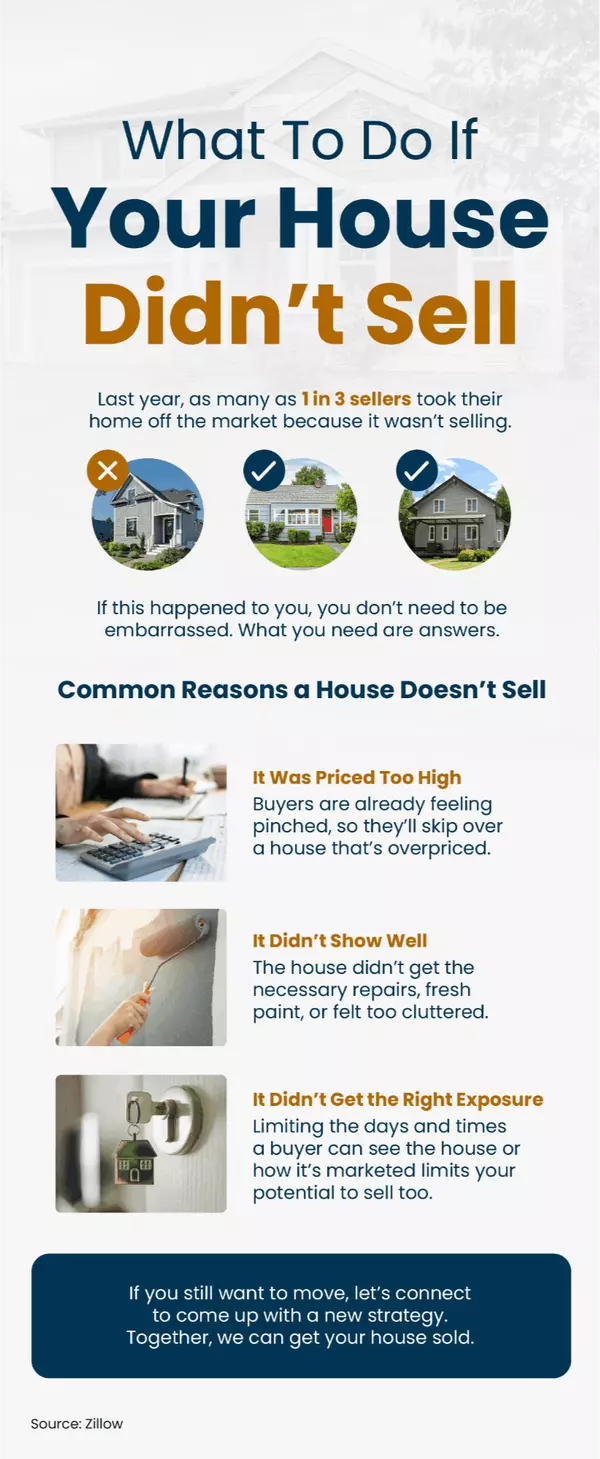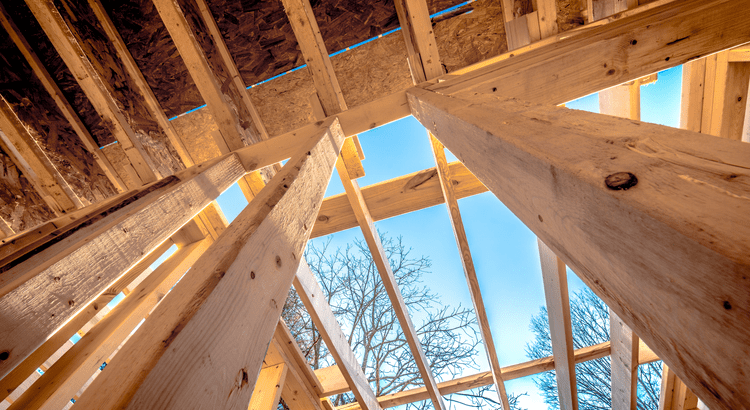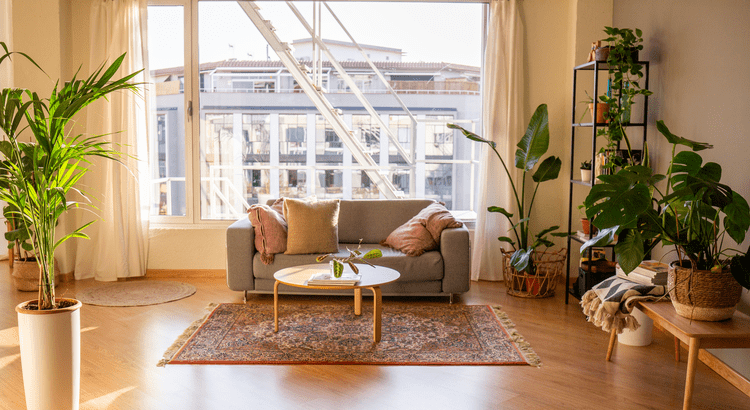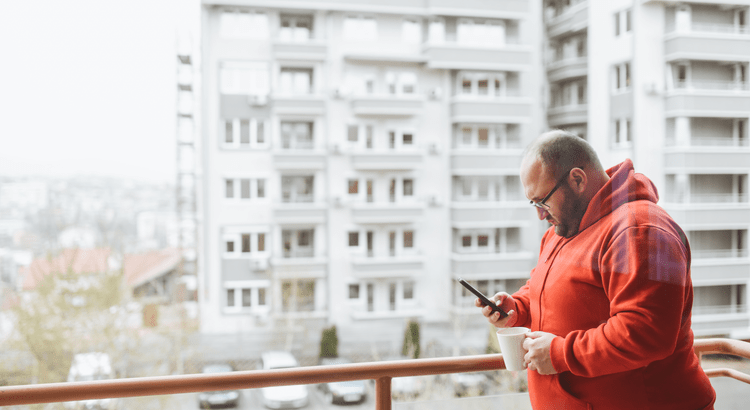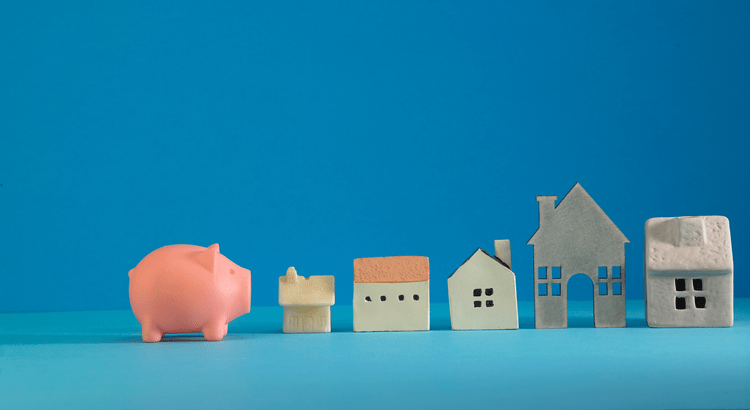
Q&A: How Do Presidential Elections Impact the Housing Market?
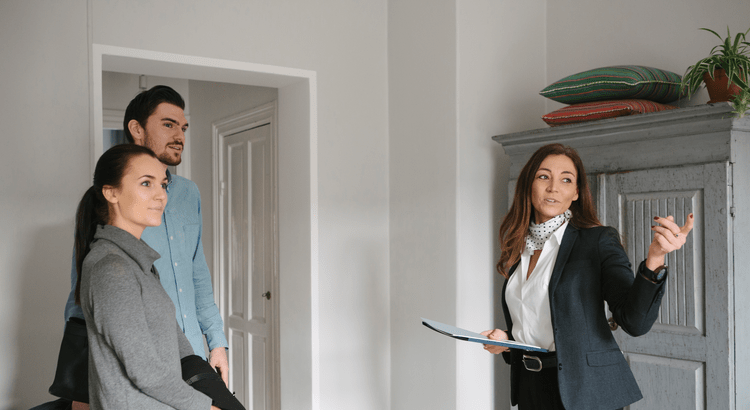
How Real Estate Agents Take the Fear Out of Moving
How Real Estate Agents Take the Fear Out of Moving Feeling a bit unsure, or even afraid, to move with everything going on right now? The decision to move shouldn’t be scary, it should be exciting. And the best way to eliminate any fear is to work with a pro. Real estate agents are so much more than
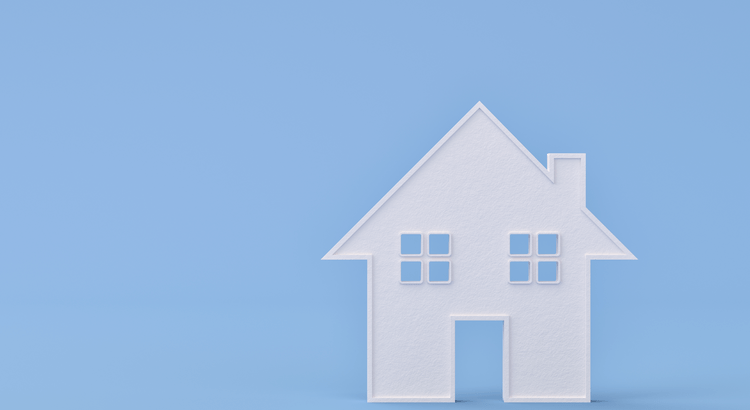
Avoid These Top Homebuyer Mistakes in Today’s Market
Avoid These Top Homebuyer Mistakes in Today’s Market No one likes making mistakes, especially when they happen in what’s likely the biggest transaction of your life – buying a home. That’s why partnering with a trusted agent is so important. Here’s a sneak peek at the most common missteps buyers are
Recent Posts
